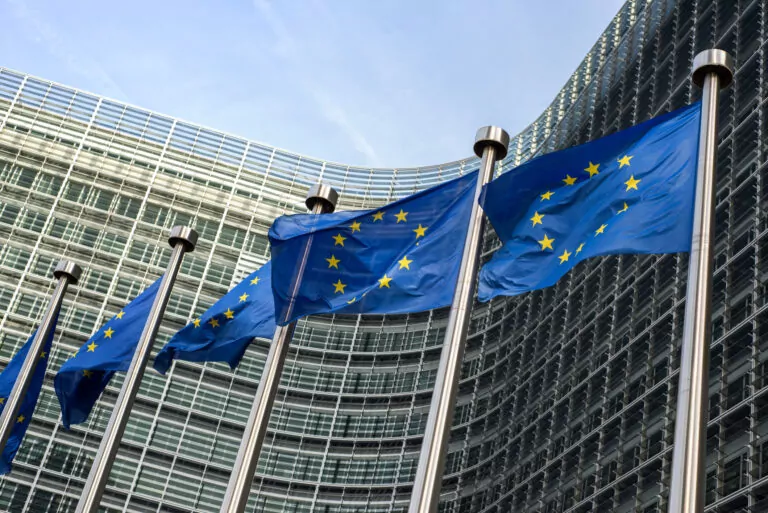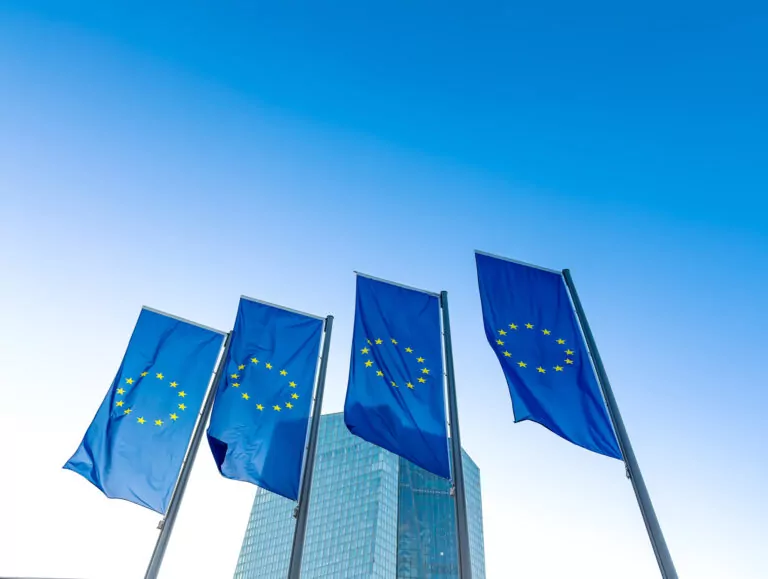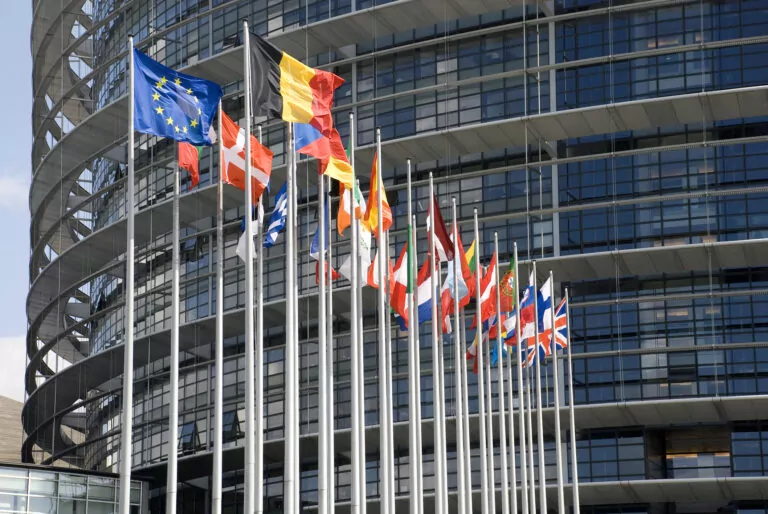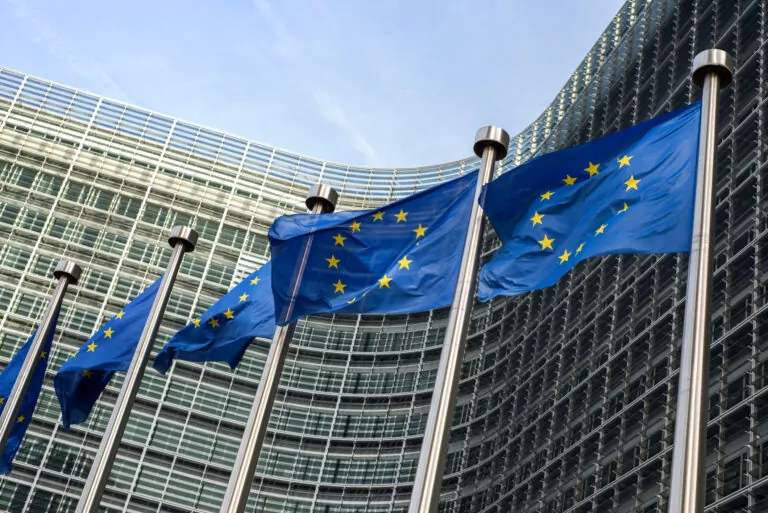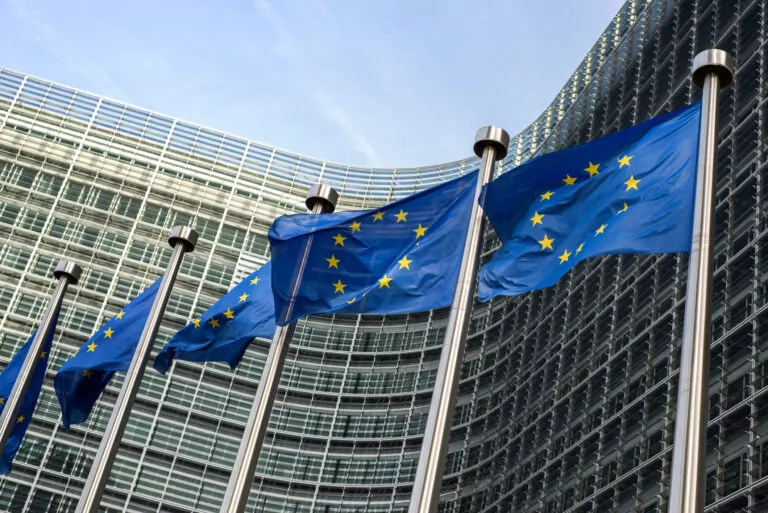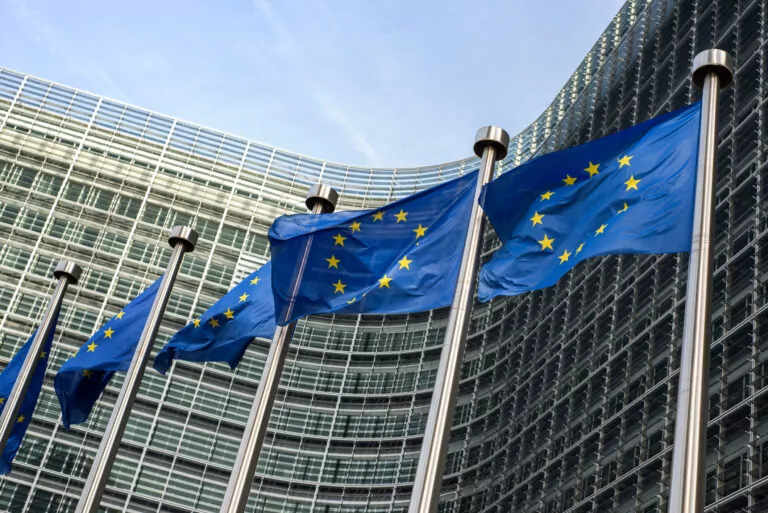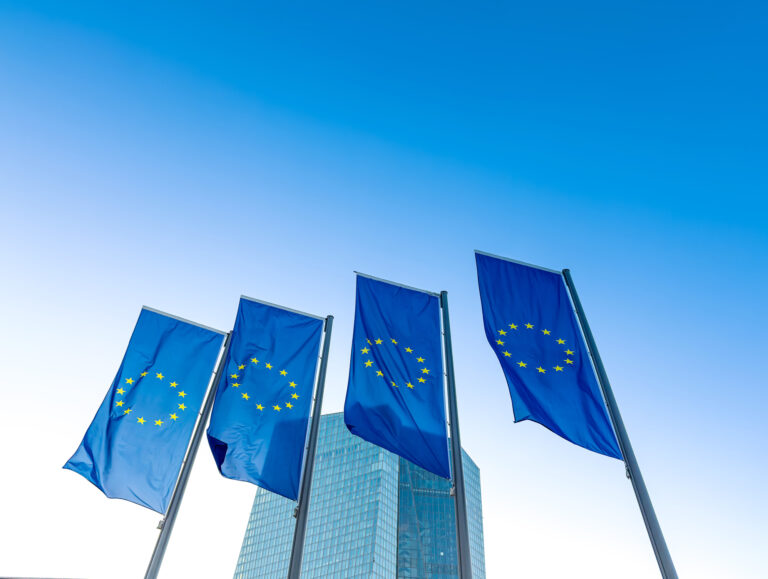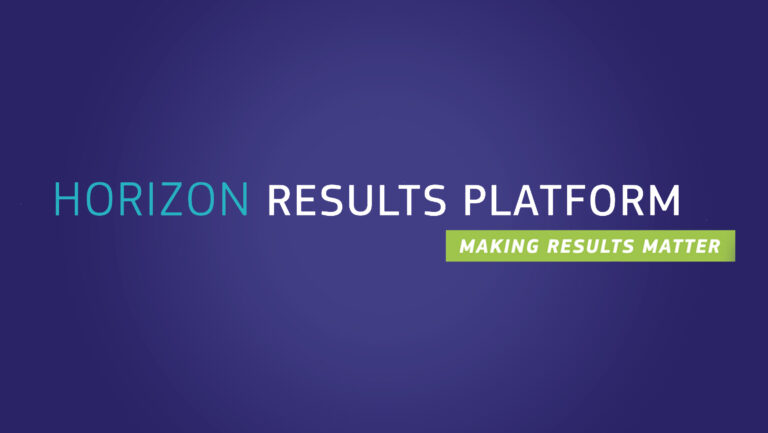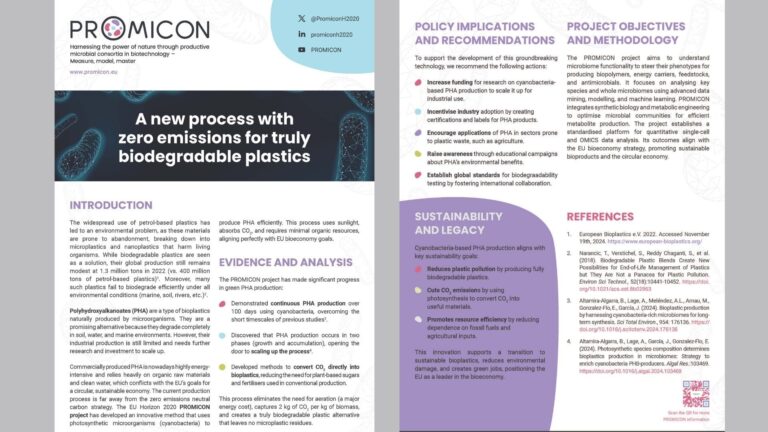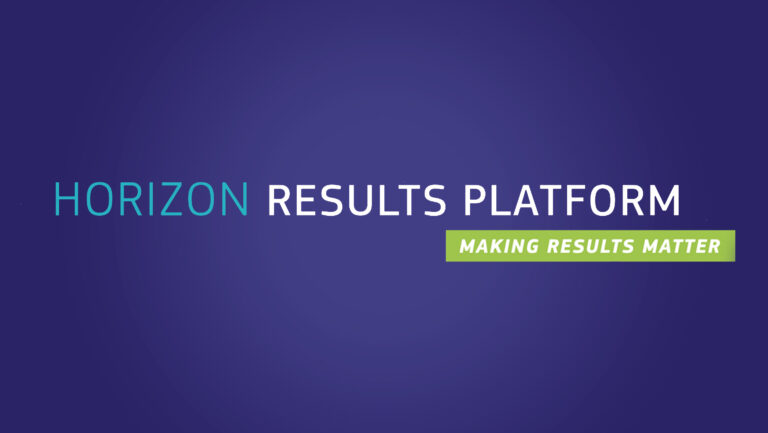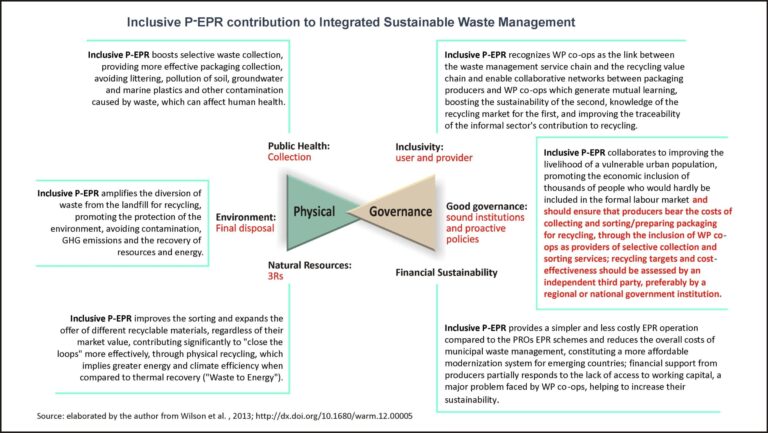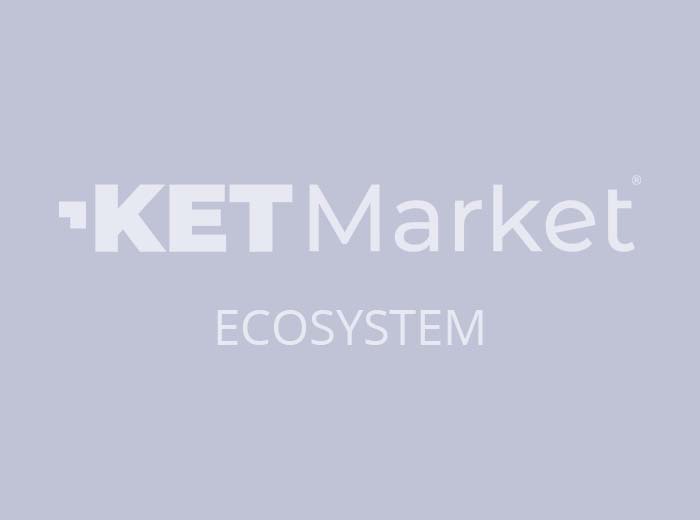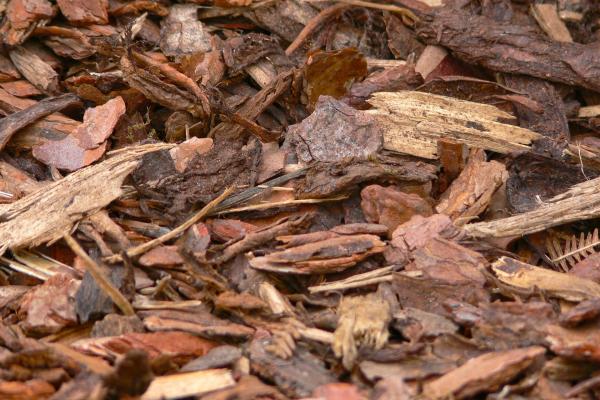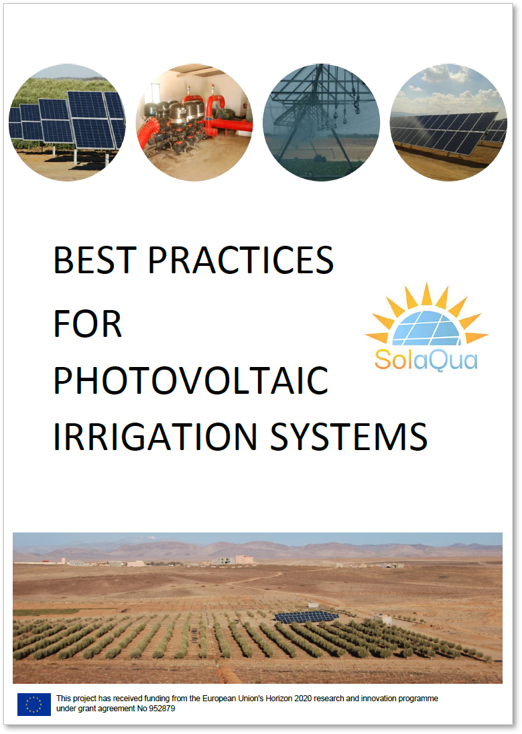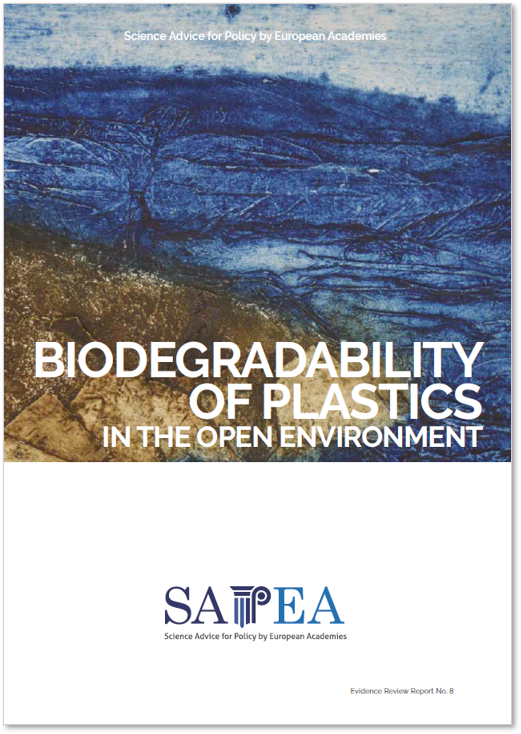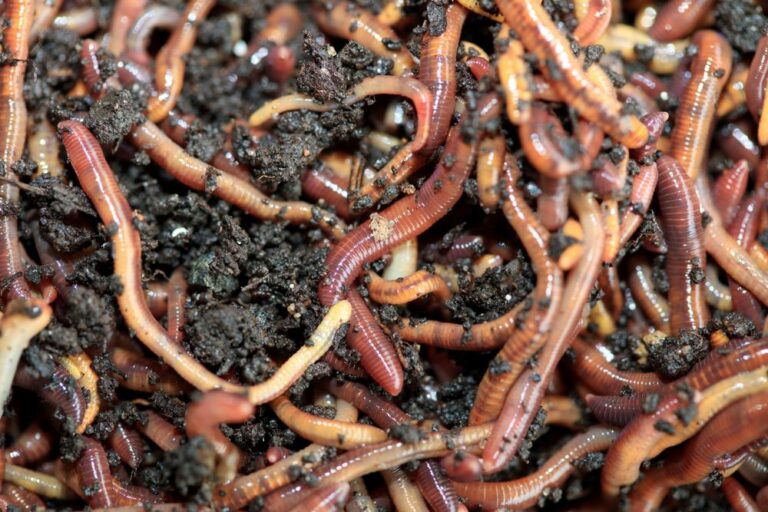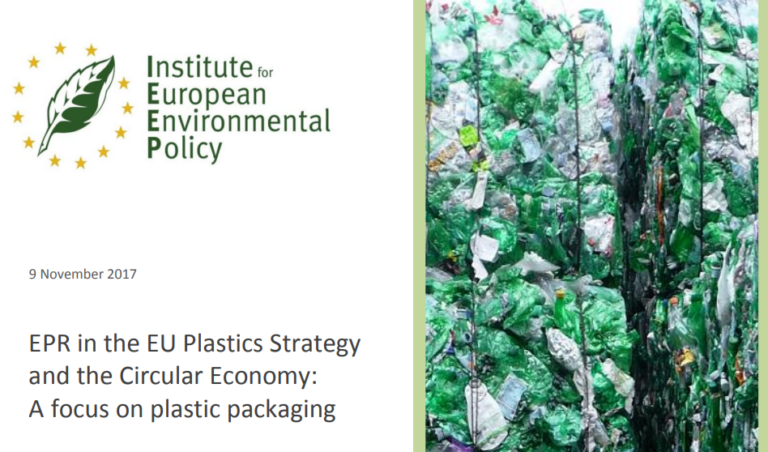Add to favorites:
Share:
Successful proposals should contribute to a clean, competitive and circular economy and sustainable bioeconomy, through the involvement of waste management operators, enabling the deployment of innovative circular bio-based materials and more sustainable approaches for managing waste materials.
Project results are expected to contribute to all the following expected outcomes:
- local authorities and operators responsible for the waste management improve the territorial deployment of individual or centralised composting plants;
- waste management operators in the EU and Associated Countries share best practices on harmonized performances of composting plants and the optimization of their environmental performances reducing the impacts on air/water/soil.
From 31 December 2023, EU Member States must collect bio-waste separately. The Waste Framework Directive allows waste which complies with relevant standards for packaging recoverable through composting and biodegradation, to be collected together with bio-waste. For example, the collection of bio-waste with industrially compostable plastic bags is encouraged (Communication on “EU policy framework on biobased, biodegradable and compostable plastics” COM(2022)). However, industrial composting facilities in the EU are often unable to biodegrade such packaging due to different performances of composting processes than those required for the biodegradation of compostable packaging compliant with the standard EN 13432. Harmonization of the performances of industrial composting plants in the EU would help meeting the targets for bio-waste collection and the quality of resulting compost.
Proposals should:
- analyse the technical performances of industrial composting plants, with a special focus on the treatment of compostable packaging, at EU and at global scale. Compostable packaging in the EU is compliant with the standard EN 13432. The analysis should address the environmental impacts of composting plants, including emissions of pollutants to air/water/soil, emissions of odours and energy consumption, and the quality and safety of the product (e.g., control of pathogens in compost), also monitoring potential changes in the microbial communities in presence of compostable materials;
- include a task for the project to select ad hoc performance parameters to define the best practices of industrial composting plants, ensuring the full biodegradation of compostable packaging;
- describe how the project will deliver a collection and assessment of the best practices of industrial composting, at EU and global level, ensuring the full biodegradation of compostable packaging, and will individuate promising innovation, e.g., microbial bioaugmentation strategies to improve composting performances in a range of conditions, to generate high quality compost, and/or to biodegrade pollutants commonly present in compost waste (i.e., microplastics);
- include a task for the project to provide recommendations towards the harmonization of EU industrial compositing processes and conditions, ensuring the full biodegradation of compostable packaging sustainably and safely and delivering safe and sustainable compost, as well as recommendations on improving the environmental performances of such plants, in terms of emissions of pollutants to air/water/soil and of odours.
International cooperation and multi-actor approach, including the involvement of waste managers in municipalities, are encouraged.
Expected Outcome
Successful proposals should contribute to a clean, competitive and circular economy and sustainable bioeconomy, through the involvement of waste management operators, enabling the deployment of innovative circular bio-based materials and more sustainable approaches for managing waste materials.
Project results are expected to contribute to all the following expected outcomes:
- local authorities and operators responsible for the waste management improve the territorial deployment of individual or centralised composting plants;
- waste management operators in the EU and Associated Countries share best practices on harmonized performances of composting plants and the optimization of their environmental performances reducing the impacts on air/water/soil.
Scope
From 31 December 2023, EU Member States must collect bio-waste separately. The Waste Framework Directive allows waste which complies with relevant standards for packaging recoverable through composting and biodegradation, to be collected together with bio-waste. For example, the collection of bio-waste with industrially compostable plastic bags is encouraged (Communication on “EU policy framework on biobased, biodegradable and compostable plastics” COM(2022)). However, industrial composting facilities in the EU are often unable to biodegrade such packaging due to different performances of composting processes than those required for the biodegradation of compostable packaging compliant with the standard EN 13432. Harmonization of the performances of industrial composting plants in the EU would help meeting the targets for bio-waste collection and the quality of resulting compost.
Proposals should:
- analyse the technical performances of industrial composting plants, with a special focus on the treatment of compostable packaging, at EU and at global scale. Compostable packaging in the EU is compliant with the standard EN 13432. The analysis should address the environmental impacts of composting plants, including emissions of pollutants to air/water/soil, emissions of odours and energy consumption, and the quality and safety of the product (e.g., control of pathogens in compost), also monitoring potential changes in the microbial communities in presence of compostable materials;
- include a task for the project to select ad hoc performance parameters to define the best practices of industrial composting plants, ensuring the full biodegradation of compostable packaging;
- describe how the project will deliver a collection and assessment of the best practices of industrial composting, at EU and global level, ensuring the full biodegradation of compostable packaging, and will individuate promising innovation, e.g., microbial bioaugmentation strategies to improve composting performances in a range of conditions, to generate high quality compost, and/or to biodegrade pollutants commonly present in compost waste (i.e., microplastics);
- include a task for the project to provide recommendations towards the harmonization of EU industrial compositing processes and conditions, ensuring the full biodegradation of compostable packaging sustainably and safely and delivering safe and sustainable compost, as well as recommendations on improving the environmental performances of such plants, in terms of emissions of pollutants to air/water/soil and of odours.
International cooperation and multi-actor approach, including the involvement of waste managers in municipalities, are encouraged.
Partner Requests
Explore Real Collaboration Opportunities
🔍 As a logged-in member, you now have exclusive access to all active Partner Requests for this Funding Call.
See who’s looking for collaborators, explore exciting project ideas, and discover how others are planning to make an impact.
💡 Use these insights to get inspired—or take the next step and start a request of your own (3 entries for free).
Log in or registrate here for free.
You must be logged in to submit or manage a partner request.
Ask our experts about this call
Connect with the Listing Owner!
💬 Please log in now to send a direct message to our experts and ask your questions. Not a member yet? Sign up for free and start connecting today!
Related Funding and Finance Opportunities
Unlock Exclusive Funding Opportunities!
🔑 Get instant access to tailored funding opportunities that perfectly match your needs. This powerful feature is exclusively available to our premium members—helping you save time, stay ahead of the competition, and secure the right funding faster.
Upgrade to Premium now and never miss an important opportunity again! Already a premium member? Log in here to explore your matches.
Related Innovation Offers
Related Knowledgebase Resources
Discover More with Premium: Related Knowledge Resources
🔒 You’re missing out on expert-curated knowledge specifically matched to this topic. As a Premium member, you gain exclusive access to in-depth articles, guides, and insights that help you make smarter decisions, faster.
Whether you’re preparing a funding proposal, researching a new market, or just need reliable information—our Premium knowledge matches save you hours of research and point you directly to what matters.
Upgrade to Premium now and instantly unlock relevant knowledge tailored to your needs! Already a member? Log in here to view your personalized content.

